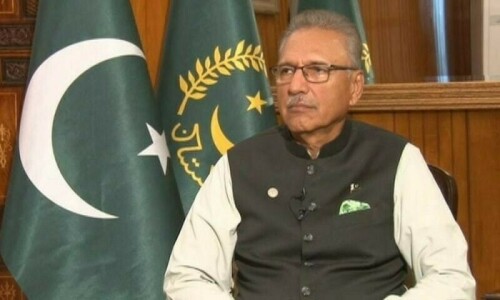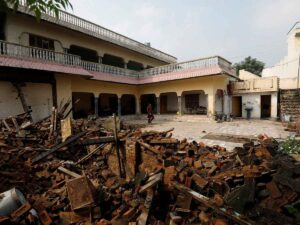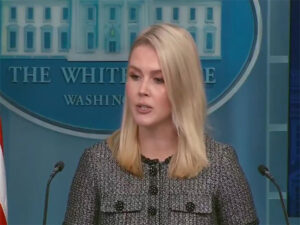Pakistan President Alvi returns another bill seeking amendments to anti-corruption laws to Parliament
Islamabad, April 30 (PTI) Pakistan President Dr Arif Alvi on Sunday returned a bill to the parliament about changes in the anti-corruption laws with observation that a similar previous amendment was challenged in the Supreme Court and was still sub-judice.

The bill called the National Accountability (Amendment) Bill, 2023 was passed earlier this month by the parliament and it was sent to President Alvi for his endorsement to become an act.
The bill not only empowers the National Accountability Bureau (NAB) chief to transfer corruption cases involving allegations of less than Rs500 million to the relevant agency, authority or department but also to close down pending inquiries and investigations.
“The president sent back the bill to Parliament under Article 75 (president’s assent to bills) of the Constitution,” the President’s Office said in a tweet.
It added that the President stated that previous amendments to the NAB law were already under hearing in the Supreme Court and any more changes in the accountability laws “without reviewing the effects of a pending matter should be reviewed once again”.
The government last year passed the National Accountability (Second Amendment) Act 2022 to restrict the NAB’s role in corruption cases of over Rs500 million and taking away the president’s authority to appoint accountability court judges. The law also reduced the four-year term of the NAB chairman and the bureau’s prosecutor general to three years.
Alvi had refused to sign the bill and it became a law after the joint session of the Parliament on June 10 last year approved it. However, former premier Imran Khan challenged it in the Supreme Court where it is still pending adjudication.
Khan and his Pakistan Tehreek-e-Insaf party allege that the ruling alliance is tweaking the anti-corruption laws to wriggle out of several graft cases but the government rejects the argument by saying that it is reducing the unnecessary intrusion of NAB powers that hamper business and investment.






